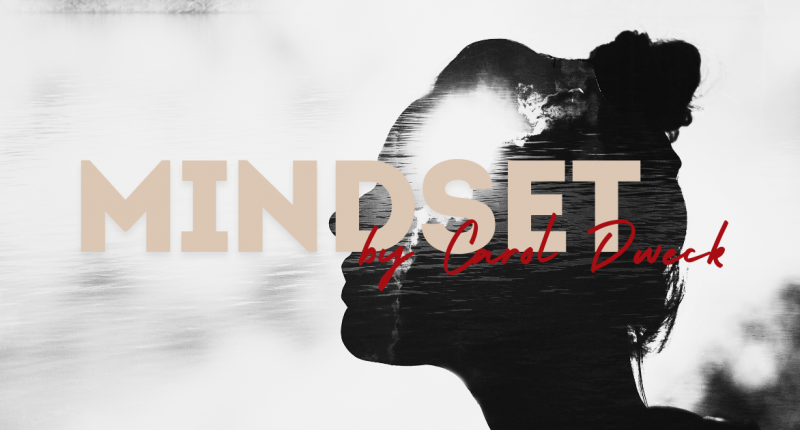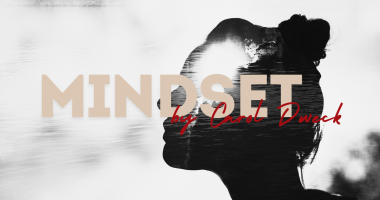Have you ever wondered why some people seem to thrive in the face of challenges, while others give up at the first sign of difficulty? Or why some people are constantly learning and growing, while others stay stuck in the same place for years? The answer lies in their mindset.
In Chapter 1 of Mindset: The New Psychology of Success, Carol Dweck introduces the concept of fixed mindset vs. growth mindset, and it completely changed the way I think about success, failure, and personal growth.
Fixed Mindset: The Trap of Limiting Beliefs
A fixed mindset is the belief that your abilities, intelligence, and talents are fixed traits. You’re either good at something, or you’re not. And if you’re not good at it, there’s no point in trying.
I’ll admit—I’ve fallen into this trap before. I used to avoid challenges because I was afraid of failing. I’d tell myself, I’m just not good at this, and give up before I even started. But what I didn’t realize was that by avoiding challenges, I was limiting my potential.
Growth Mindset: The Key to Unlimited Potential
A growth mindset, on the other hand, is the belief that abilities and intelligence can be developed through effort, learning, and persistence. People with a growth mindset see challenges as opportunities to grow, and they view failure as a stepping stone to success.
This was a game-changer for me. I realized that I didn’t have to be “naturally talented” to succeed. All I needed was effort, persistence, and a willingness to learn. And the more I embraced this mindset, the more I started to see progress in areas where I had previously struggled.
Mindsets in Action
Dweck shares examples from her research to illustrate how mindsets play out in real life. In one study, students with a fixed mindset were so afraid of failing that they avoided challenges altogether. Meanwhile, students with a growth mindset embraced challenges and saw them as opportunities to learn and improve.
This reminded me of my own experiences in school. I used to dread math because I thought I was “bad at it.” But when I shifted my mindset and started focusing on effort rather than talent, I realized that I could improve with practice. It wasn’t easy, but it was worth it.
The Good News: Mindsets Can Change
One of the most empowering takeaways from this chapter is that mindsets are not permanent. While they’re often formed early in life, they can be changed with awareness and effort.
For me, this meant becoming aware of my fixed mindset tendencies and consciously shifting to a growth mindset. Whenever I caught myself thinking, I’m not good at this, I’d reframe it to, I’m not good at this yet, but I can learn.
Final Thoughts
Chapter 1 was a wake-up call for me. It made me realize that my beliefs about myself and my abilities were holding me back. But it also gave me hope. By adopting a growth mindset, I could unlock my potential and achieve things I never thought possible.
If you’re feeling stuck or limited by your beliefs, take a moment to check in with yourself. Are you operating from a fixed mindset or a growth mindset? And most importantly, what can you do to shift toward a growth mindset?
Remember, success is not about talent—it’s about effort, learning, and persistence. And with a growth mindset, there’s no limit to what you can achieve.


